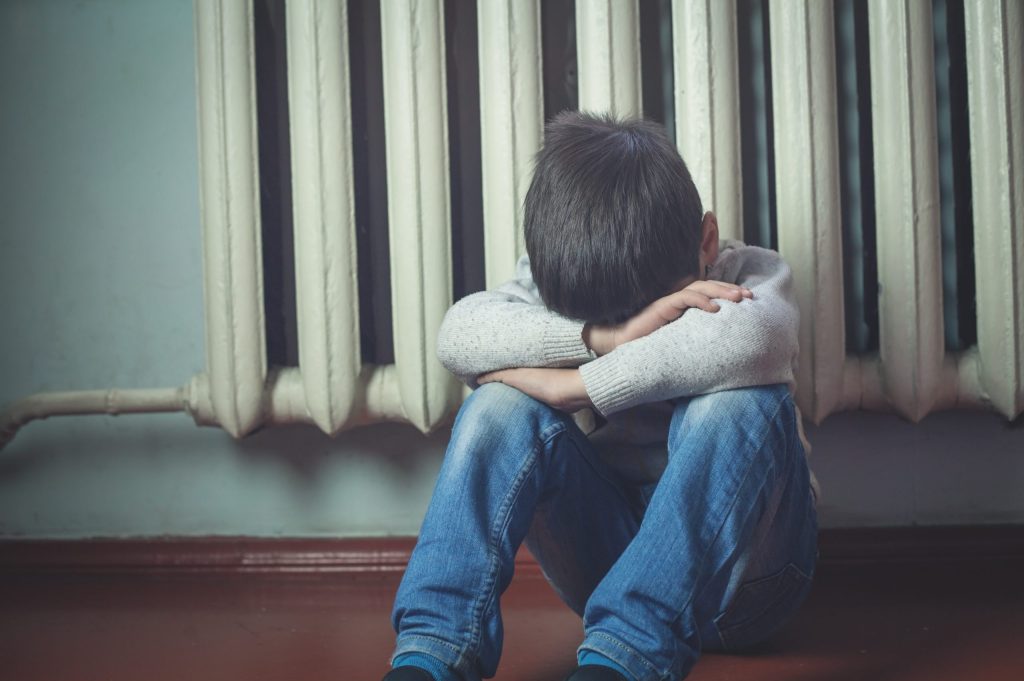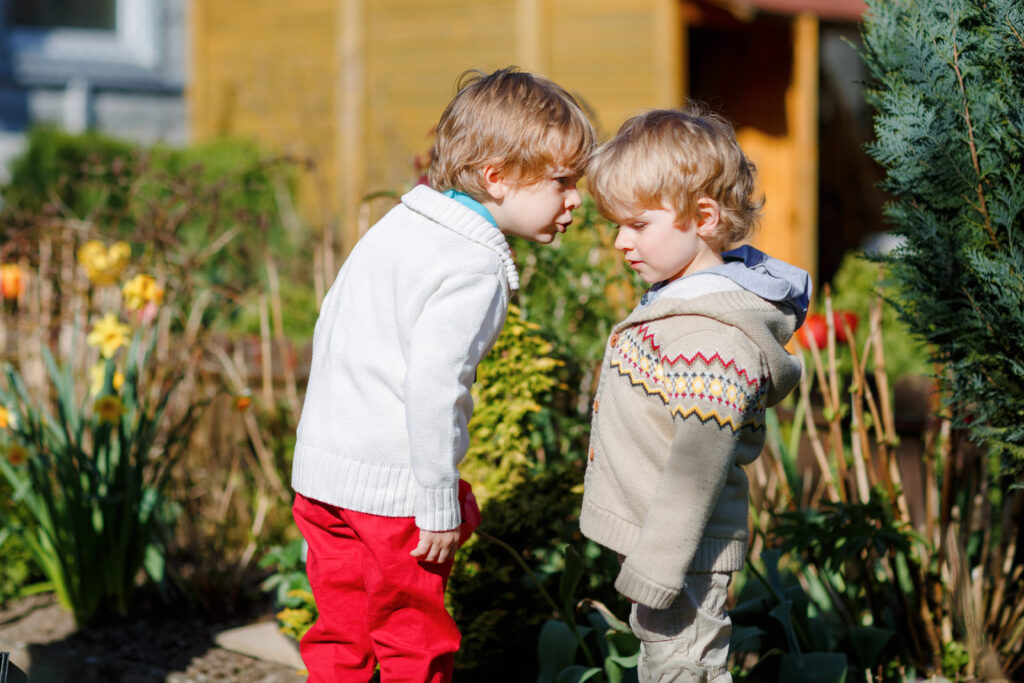The Spark Blog
Category: parenting
-

Starting Secondary School: A Guide for Parents
Starting secondary school can be daunting for children and their parents. To help smooth the transition, our team of children and young people counsellors have put together their top tips on helping your child prepare for starting secondary school. Ask: how are you feeling about starting secondary school? Every child is different when it comes…
/
-

Scribble Game: How to Help Kids Relax and Open Up About Emotions
Edith Kramer, a pioneer in the field of Art Psychotherapy, created the ‘scribble game’ for use in the early stages of therapy. Her idea was to create an unthreatening way for children to express themselves and open up about emotional issues. In this article, Children and Young People Counsellor Sinead Rowe looks at how the…
/
-

How to Help a Young Person Understand Their Intelligence Type
For young people, exams are the primary measure of their ‘achievement’. Exams define how we categorise our children and what level of ‘intelligence’ society considers them to possess. Anyone who has struggled at school will understand the negative impact it can have and how unfair it is to be considered as lacking intelligence simply because…
/
-

What Young Adults Wish You Knew About Adolescence
During adolescence, the brain remodels intensively until the individual has reached their mid-20s. Up until that time the decisions, moods and emotions of a young adult are in a state of flux. The front of the brain – the prefrontal cortex – is the last section to be remodelled and is the part of the…
/
-

Adolescence: 4 Truths Adults Need to Know
Adolescence can be one of the most emotionally turbulent times in a person’s life; hormones, changing responsibilities, the rewiring of the prefrontal cortex of the brain and difficult social and emotional situations can all take a toll on the emotional wellbeing of even the healthiest teen. In this article, Counsellor Joanna Herman-Waddell shares her experience of working…
/
-

Loss: how to help children and young people cope
Change is an inevitable and necessary part of growing up. With every change there is an element of loss, even when the changes are welcome. Whether it is the grief that comes with the loss of a favourite toy as a child or the death of a beloved grandparent, change creates difficult transitions. We are…
/
-

Understanding the Teenage Brain: A Short Introduction for Parents
Neuroscientists consider 25 to be the age at which the human brain becomes fully developed. Until then, they should be considered a work in progress. Which is particularly the case for the teenage brain. For generations, parents have wrestled with the conundrum that is the adolescent mind: at times growing in maturity before rapidly shifting…
/
-

Understanding anger for parents
Along with happiness and sadness, anger is perhaps one of the most common emotions we experience in everyday life. We all experience anger in different ways but it can often become an easy ‘go-to’ emotion for children and adolescents. By understanding anger and, in particular, what lies beneath it, parents can better support children and…
/
-

Mental Health: Preparing Your Child for University
The mental health of students at university has been making headlines for some time now and is a growing issue. Therefore, if you are a parent preparing your child for university, it is vital to consider how you can help them get ready for problems like isolation, loneliness, stress and financial worries. In this short…
/
